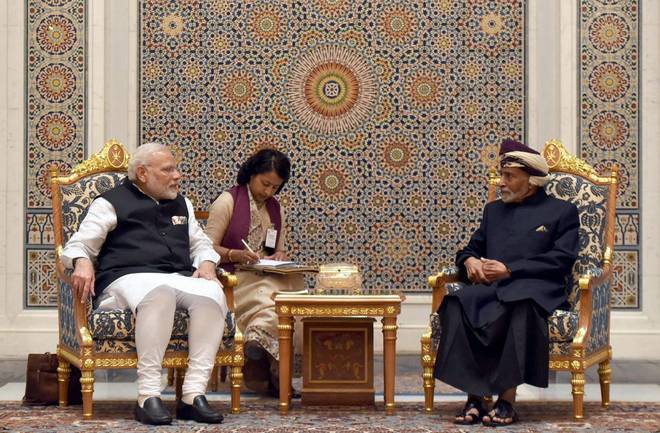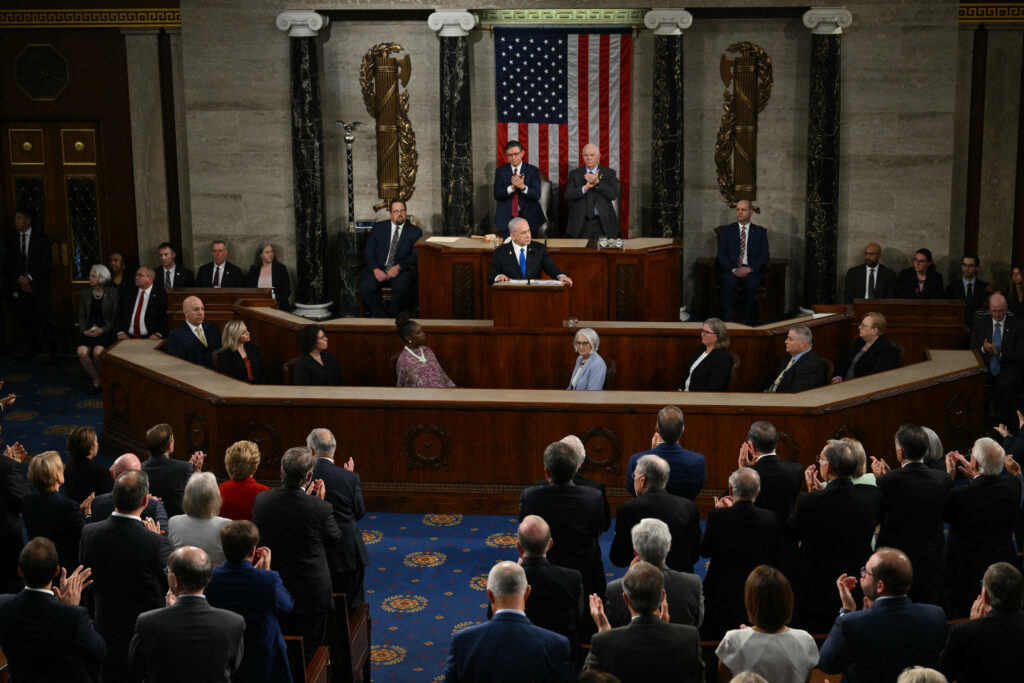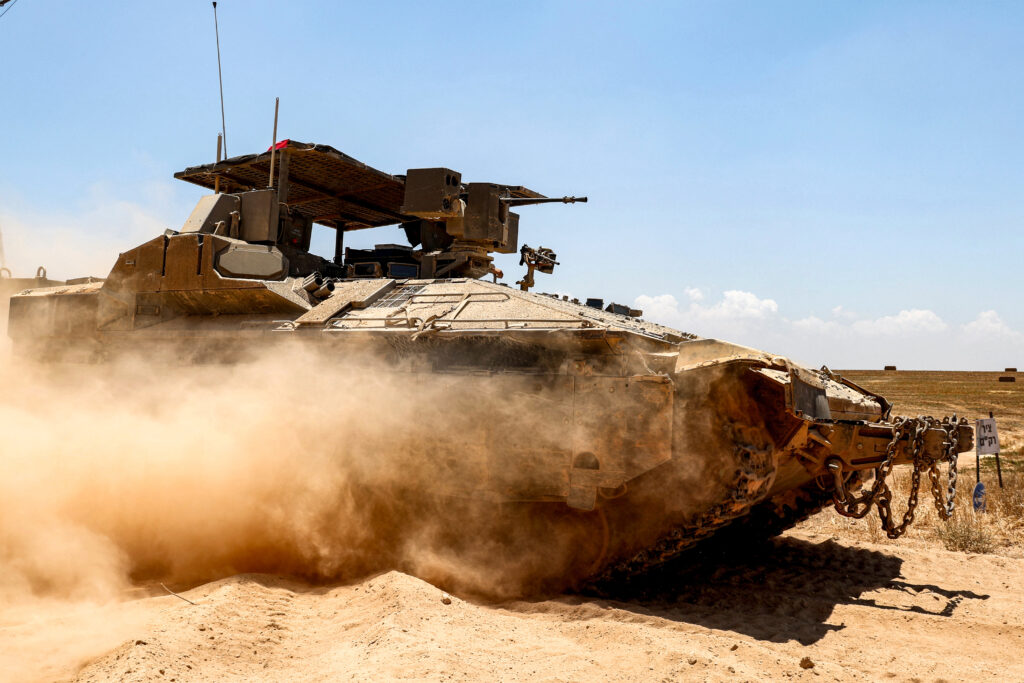The Role of Trading Families in the India-Oman Track II Diplomacy
- - May 16, 2018

India and Oman – What do these far lands share? Indian relations with Oman can be traced back to as early as the 7th century. In particular, trading families form an important part of Indian – Oman relations. The Omani Sultanate has had historical ties with India since early traders from the Kutch region (of present day Gujarat) started trading with Muscat. Muscat’s port has been a hub for not just the Kutchis, but Baniya traders of all shades and stripes who took advantage of the possibilities offered by the Oman empire’s links with East Africa.
Indian trading families have lived and worked in Oman for decades. Prominent Omani trading families of Indian descent are the Khimjis, the Kotharys and the Nenseys, among others. Indian businessmen were usually moneylenders or brokers in the Omani state[1]. The locus of the trading diaspora has shifted towards Kerala in the past four decades, with numerous successful Oman-based businesses expanding in sectors ranging from construction to retail. Today, the Indian trader has woven himself into the fabric of Omani society. Indian-led businesses sponsor community events, maintain places of worship and connect thousands of fellow Indians with employment opportunities.
Attend our talk this week to understand the genealogy and stratification of the Indian trading diaspora in Oman! Join us: https://mei.nus.edu.sg/event/arabia-asia-the-role-of-trading-families-in-the-india-oman-track-ii-diplomacy/
[1]Robert Geran Landen, Oman Since 1856 (New Jersey: Princeton University Press, 2015), 131 – 140
More in This Series
More in This Series
- Jean-Loup Samaan
- - July 11, 2024
- Aisha Al-Sarihi, Ehsan Rasoulinezhad, Jinseok Sung
- - June 20, 2024








